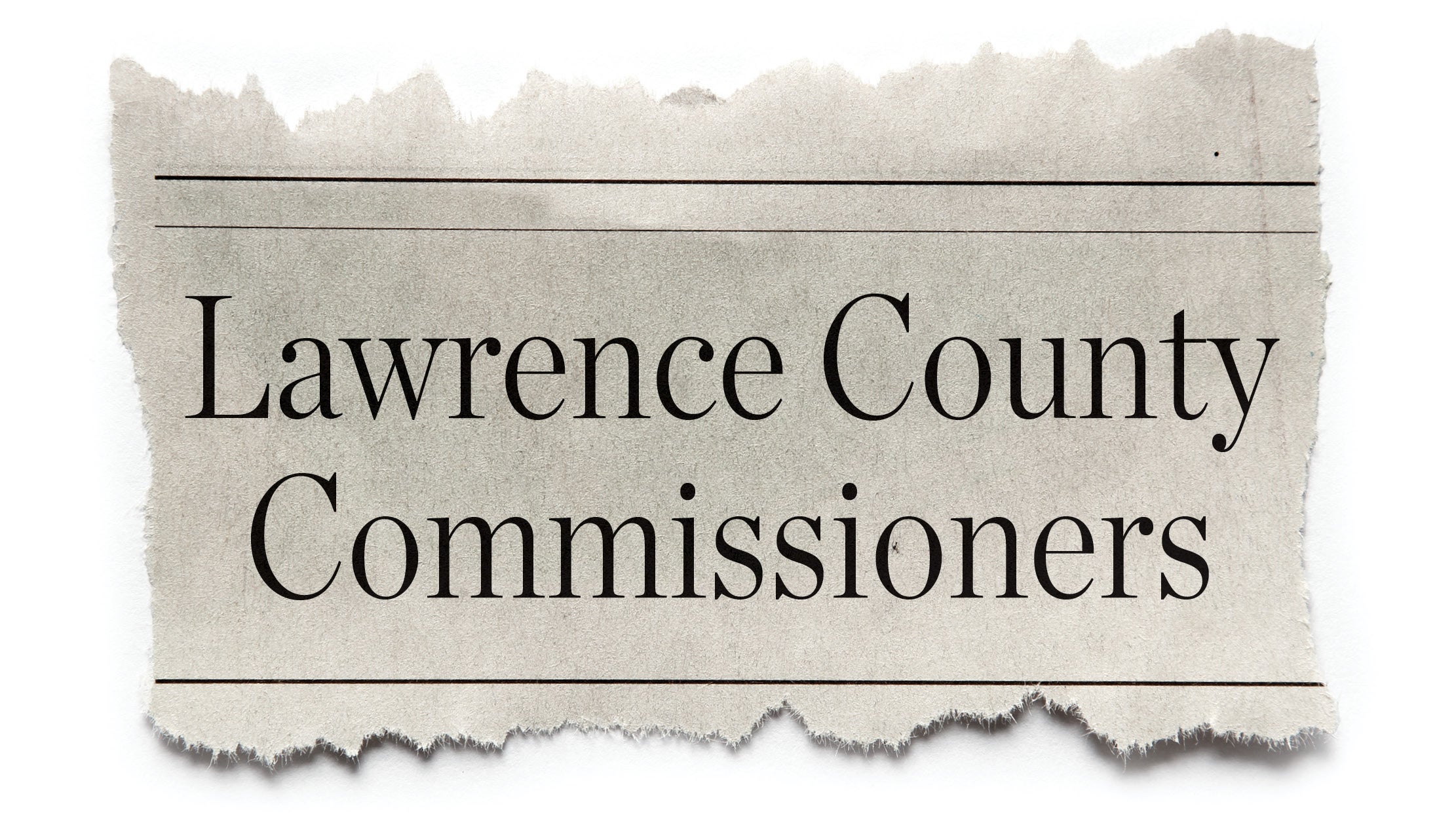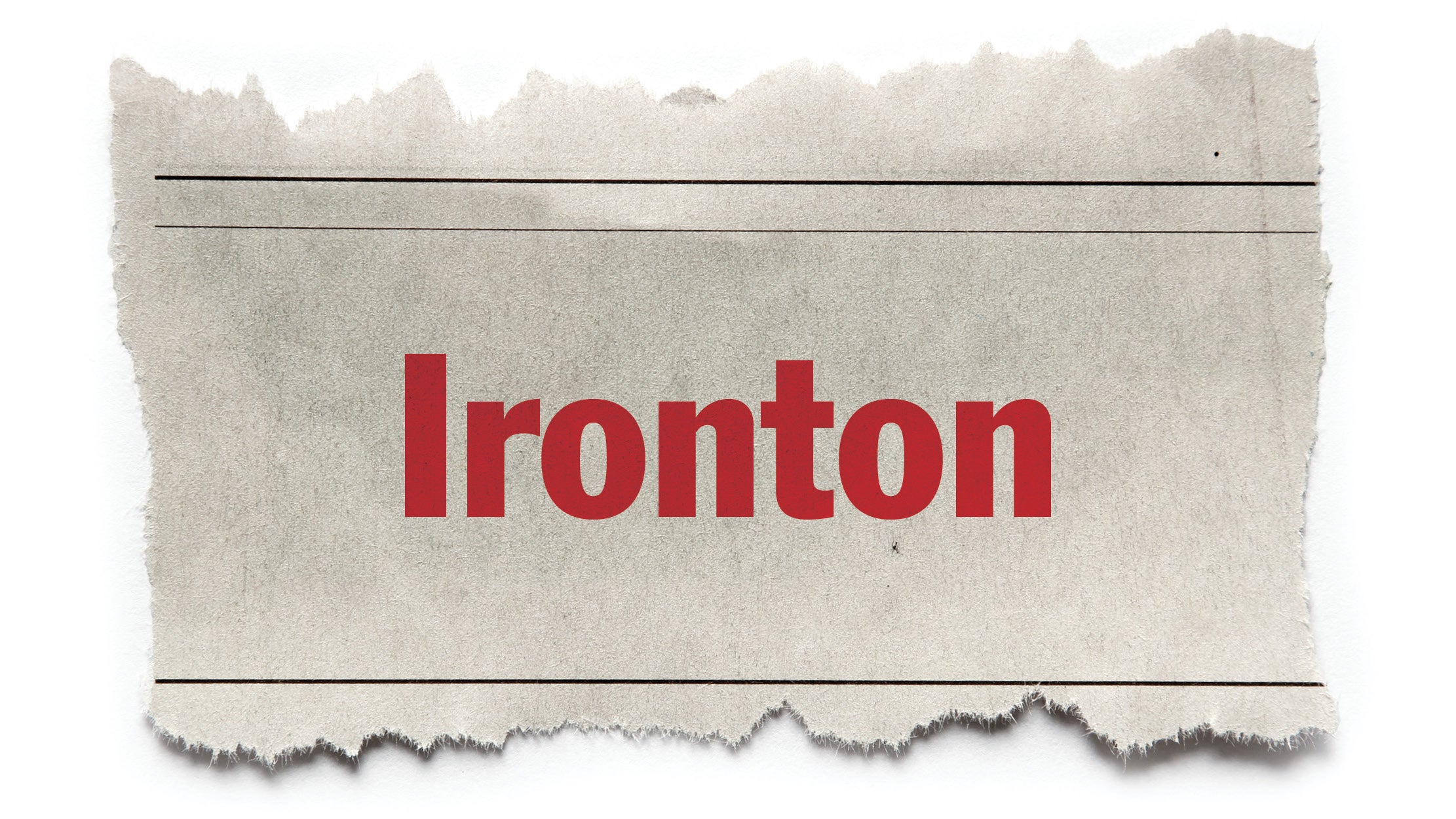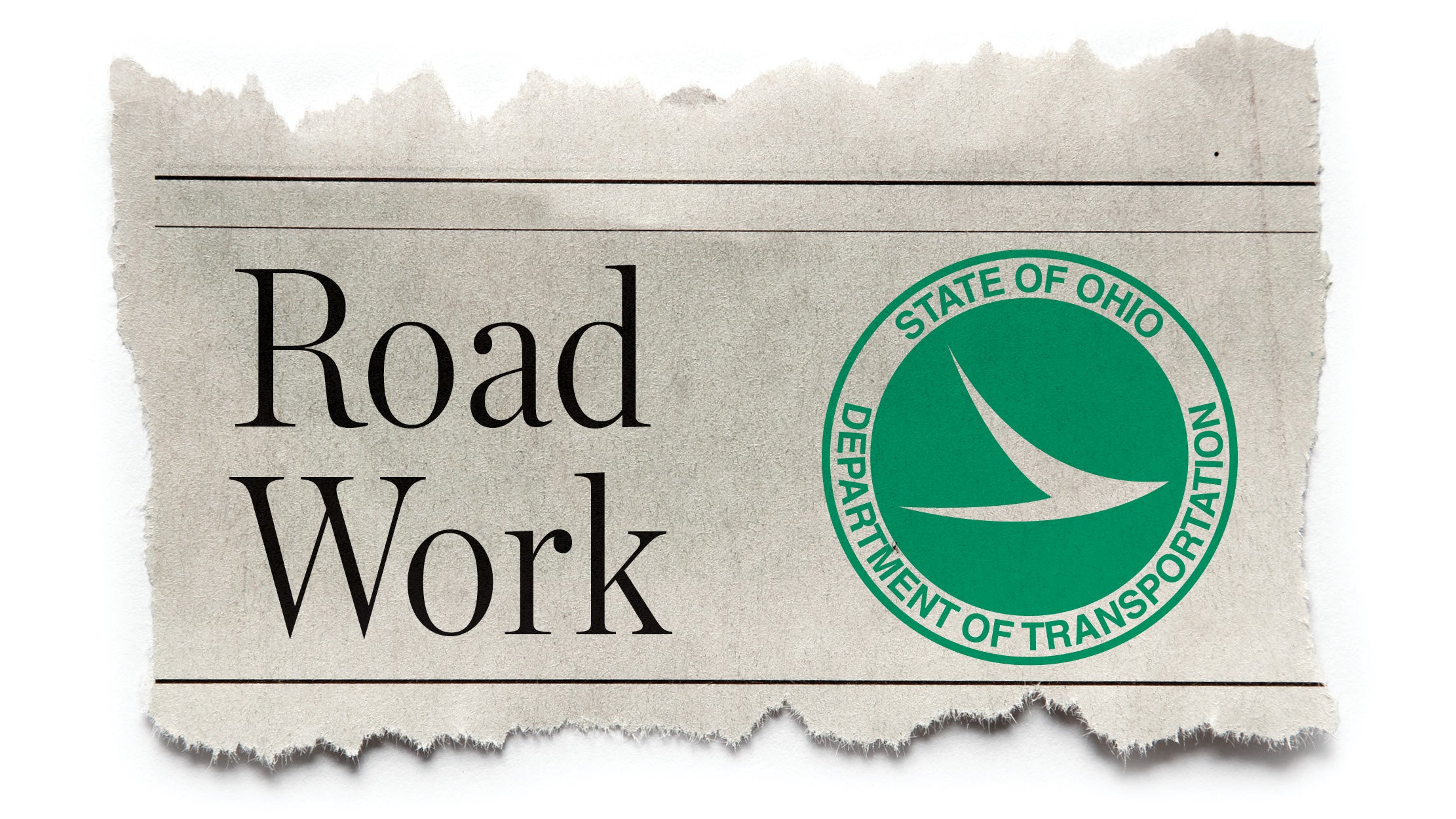Being givers of joy
Published 12:00 am Sunday, February 12, 2012
Hospice agencies seek volunteers, emphasize job is about life
The philosophy of any hospice is simple and well published: Giving care to those facing the end of life.
But for those playing that caregiver role the experience of working for a hospice patient can be transformative. That is no less true for the stable of volunteers who donate hours weekly to patients. Getting to the point of being an effective volunteer takes hours of training and the ability to set up healthy boundaries between you and the one you are reaching out to.
“It is very, very much about life, about living,” Lisa Floyd, director of volunteers at Hospice of Huntington, said. “That is the most common misconception, that you are going to sit with someone when they are dying. That is extremely rare. What you are adding at hospice is to help people be givers of joy, life, love and compassion. Volunteers are blessed with joy.”
The duties of a hospice volunteer can run the gamut from answering telephones to patient care, according to those who direct volunteers at the two hospice organizations that serve the Tri-State — Hospice of Huntington and Community Hospice in Ashland, Ky.
“Our volunteers do a variety of things,” said Mandy Medinger, marketing and community outreach specialist for Community Hospice. “But those who want to work with patients are providing comfort and support for the patients. They are there as a confidant. The patients may not have family members. It may be reading a book, music therapy or talking about family.
“We have a lot of patients who are not only suffering a disease, but a loss of independence. … patients now unable to bathe themselves. They can no longer drive. It is nice to be there …. Somebody to talk to.”
While there is no job description for a hospice volunteer, every volunteer, whether handling patient care or clerical duties, must undergo hours of training.
“The prospective volunteers are oriented on the entire organization,” Medinger said. “We have different staff members from the disciplines who will orient prospective volunteers on what they do.”
Training at the Huntington organization follows the same pattern, Floyd says.
“The training covers the whole gamut of grief, the hospice philosophy,” she said. “Hospice is here to have quality end of life.”
But the last thing Floyd wants a prospective volunteer to go through is hours of lectures.
“Who you are today, how we view the world is shaped by the experiences we have,” she said. “I force people with exercises and discussion to go there. Like people have to bring in a memento of someone they have known who has died and talk about it. It is those raw emotions.”
For 18 years, Shirley Henson of Chesapeake has volunteered for the Huntington organization as a way to pay back what a hospice did for her as she was caring for relatives two decades ago.
“I go wherever they send me,” the 72-year-old said. “I go in with the idea that everything lives and everything dies. I take it as a privilege to go into a home and assist that person. Sometimes we might read a book, talk about a problem. You have to have this attitude that you are comfortable, that you love people, you really do care, you are here to help them. … It becomes a part of you. You look at the greater good.”
However, what a volunteer can’t do is grieve excessively.
“Yes, you grieve, but you have to keep your mind on what the job is,” Floyd said.
“If you go in and are upset at the family, mad, or depressed, you are crossing a line.”
Floyd remembers a patient who once asked her for a lipstick, a seemingly innocuous request. However, before Floyd made the purchase, she discussed it with others at Hospice who pointed out she was stepping over that line. She would be doing something without asking the family for permission, denying them the opportunity to provide this assistance for their family members, a chance for the family to bond closer at this unique time in their lives.
“The role of hospice volunteers is to plug these holes in care giving that families may not be able to provide,” Floyd said. “We have to care for each other. Care giving is a critical issue and hospice volunteers will make a huge difference.”





